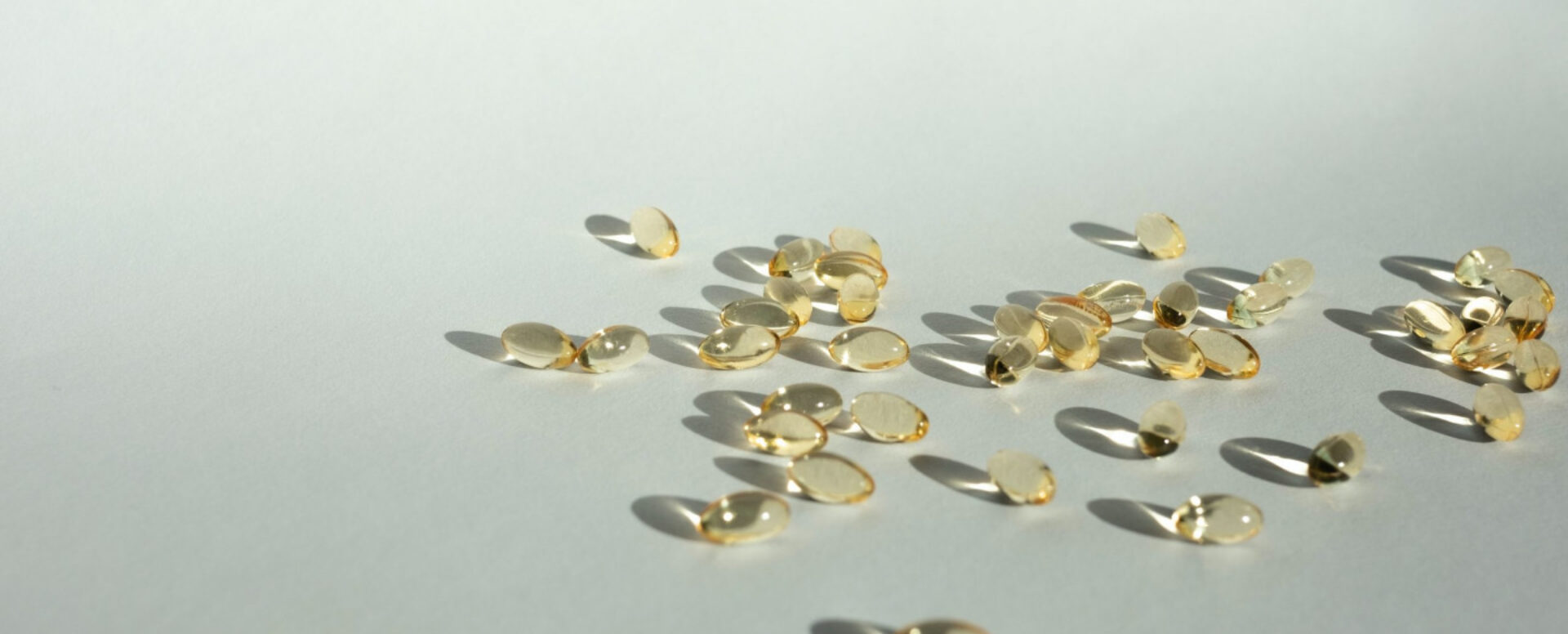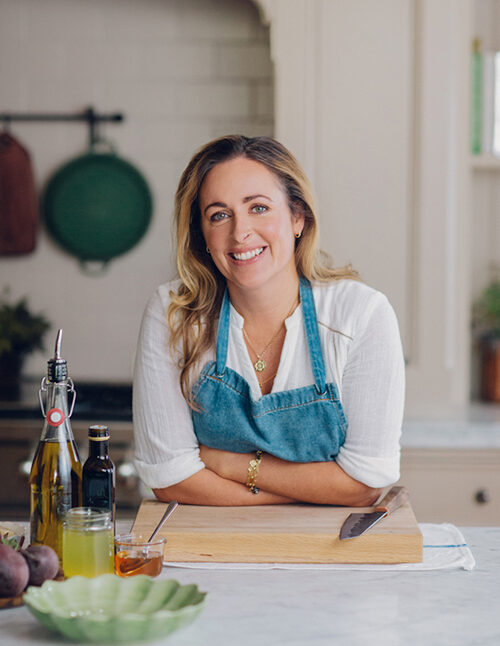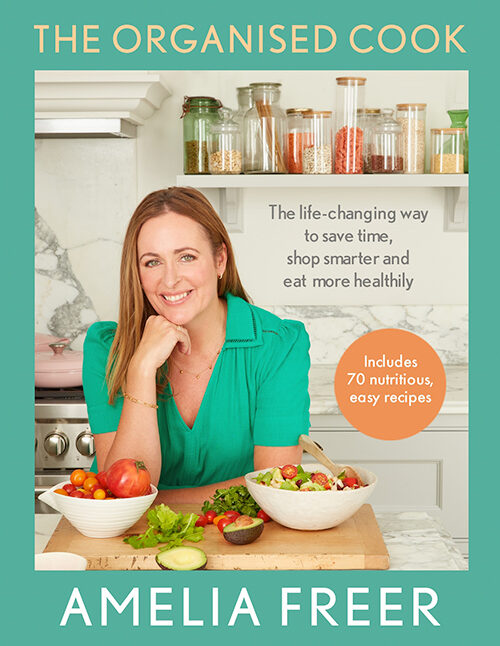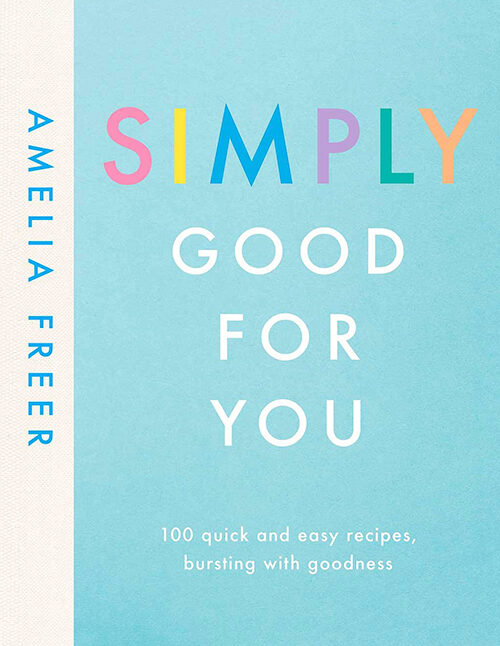The Supplements I use and (why they may not be right for you)
Oct 2021

Anyone familiar with my work will already know that I am extremely reticent to give blanket advice out about supplementation. There are lots of reasons for this, but ultimately, it boils down to the fact that while a particular supplement may greatly benefit one person, it may well harm another. It is also an unregulated industry, often filled with hyped up marketing claims that sometimes leave me rather flabbergasted.
I will therefore always promote a food-and-lifestyle first approach. Spending our time, money and effort on getting the basics right; eating a balanced and nourishing diet, sleeping well, enjoying regular movement, actively managing stress and connecting with loved ones. These should be our first priorities before reaching for a supplement (unless advised otherwise by a qualified professional). Remember that real food contains many substances other than vitamins and minerals that are good for health. We cannot make-up for an unhealthy diet and lifestyle by popping the odd supplement.
Supplementation is therefore not something to experiment with randomly, and more is certainly not always better. We can harm our health through an excessive intake of nutrients or other supplements, just as we can be harmed from being deficient in a nutrient. There might also be contraindications to supplements in certain medical conditions or in combination with medication. It’s therefore always best to speak to your healthcare practitioner before taking any supplements. And where possible, to test nutrient levels before taking (although this itself is challenging, as not all nutrients have validated and clinically reliable tests yet).
Having said all that, there is a time and place for appropriate, safe supplementation – ideally under supervision from a medical or nutrition practitioner. I am a Nutritional Therapist, so am trained to make individual recommendations and support my own health with supplementation, but what I take may well not be suitable for anyone else. I am also cautious to not take a single supplement consistently. Often, I take none at all. If I do take supplements, I take them judiciously for the short term to meet my current requirements.
So after all of that, if you’re interested, below you’ll find a list of the supplements I personally do take intermittently, as well as some of those that I don’t. Remember, this is what works for me, but it might not be what works for you.
The supplements I do take, & when I take them
Vitamin D
From about October to April each year, I take a daily dose of 400IU / 10 micrograms of vitamin D (as recommended by government guidelines). I use the DLux spray from BetterYou as it is so convenient. I will also test myself at the end of March each year (I use a quick postal blood-spot test), as this helps to guide my supplementation dose for the following winter. I have pale skin and get enough sun throughout the later spring and summer so don’t supplement during the warmer months, and previous tests at the end of summer demonstrate my levels are adequately met by sunshine alone during this period.
Please see my article on Vitamin D for more information on this.
Magnesium
Sleep is a bit of a tricky one, as there are lots of things to consider before reaching for a supplement. Cutting right down on caffeine and alcohol is my first port of call, alongside managing stress, taking regular exercise, and sleep hygiene (cool, quiet, dark room, minimising screen time etc.). Those have to be the foundations that come first, but if that’s not working, I take Wild Nutrition Food-Grown Magnesium on some nights. I find it helpful to calm racing thoughts, and notice the effects about 20 minutes after taking. I take 2 capsules once a night, as required.
Probiotics
I’m currently taking Symprove, as I’ve recently had a course of antibiotics. The evidence is patchy when it comes to lots of supplements, probiotics included, so I am still cautious with them. I therefore try to focus on eating a varied diet, rich in fibre, and including some fermented foods in the first instance. If I do take probiotics, I try to mix up the various strains.
Omega 3
Good quality Omega-3 oils can be expensive to buy, so if budget is an issue, I’d recommend spending that money on some carefully and responsibly sourced, good quality oily fish first (sardines, mackerel, trout, salmon), if this is possible.
It’s a little harder if you are plant-based, as plant omega-3 oils are not very efficiently converted into the longer-chain omega 3 fatty acids found in fish, so careful supplementation may be more important.
When I do take omega-3 supplements, perhaps for example when I’m not managing to eat much fish, I like the Bare Biology Life & Soul capsules.
I particularly like these new Rise & Shine, Omega 3 & Vitamin D, also from Bare Biology as they combine two high quality supplements into one capsule.
The supplements I don’t take, and why not
CBD
Personally, I don’t think the evidence is there enough yet to justify many of the claims around CBD, and in particular, its safety profile in specific groups. It is generally really expensive too, so I would want to see very high-quality, objective and independent evidence before committing my cash. There have also been reports that what the bottle says it contains may not actually be what’s inside the bottle, which is a bit of a red flag for me. Although I am aware that lots of people have anecdotally really found it beneficial, so I remain open-minded and will certainly keep reviewing the evidence as new studies emerge. As I say, this is very much a personal decision and one we should each take on an individual basis.
Protein Powders
I don’t take a protein supplement or powder, as I really can’t stand the taste or texture. I am also not working out at an intensity that requires immediate recovery nutrition. I prefer to wait until my next meal and make sure that is balanced and nutritious – and contains a decent portion of whole food protein (such as eggs, chicken, fish, pulses etc.). Again this is a personal preference. Some of my clients find protein powders very helpful, especially to add to breakfast smoothies, or as a way to boost overall protein intake over the course of the day.
Multi-vitamins
I do not currently take a regular multi-vitamin – I have a balanced, varied and colourful diet so I meet my general nutritional requirements through food sources. However, there have been times in my life, for example, leading up to and during pregnancy & while breastfeeding, or when I am otherwise unable to eat a healthy, balanced diet (perhaps due to ill-health), that I have taken a specific multi-vitamin.
In my clients, I have noticed a pattern where some clients rely on their multi-vitamin as an insurance policy against a good diet. This is a myth I really try to bust – they are absolutely not a replacement for a good, varied diet and balanced lifestyle.
Greens powders or other ‘superfood’ powders
Again, I am pretty reluctant personally to take powders, as I really don’t like their texture. I often find they are often very expensive, too, and would generally prefer to spend that money on buying extra fruits and vegetables to get my nutrition. But I know that some people really like (and feel a benefit from) their various powders, so again it’s personal choice.
And on a final note…
Formulation is incredibly important when it comes to supplements, as certain forms don’t have good absorption, or combinations of nutrients may inhibit absorption of each other. It’s a big and complex topic and would take far more space and time than I have here to dive into it. What I would say, however, is to take the time to clue yourself up.
Examine.com is a brilliant independent resource on supplementation, and don’t be afraid to phone supplement companies directly and ask about their products.
Finally, and I am going to reiterate this again: Please always discuss any change or new supplement with an appropriately qualified health or nutrition professional beforehand. They are not universally safe or suitable for all.
MORE TO EXPLORE
Please note that the information on this website is provided for general information only, it should not be treated as a substitute for the medical advice of your own doctor or any other health care professional providing personalised nutrition or lifestyle advice. If you have any concerns about your general health, you should contact your local health care provider.
This website uses some carefully selected affiliate links. If you buy through these links, we may earn an affiliate commission, at no additional cost to you. This helps to keep all of our online content free for everyone to access. Thank you.



